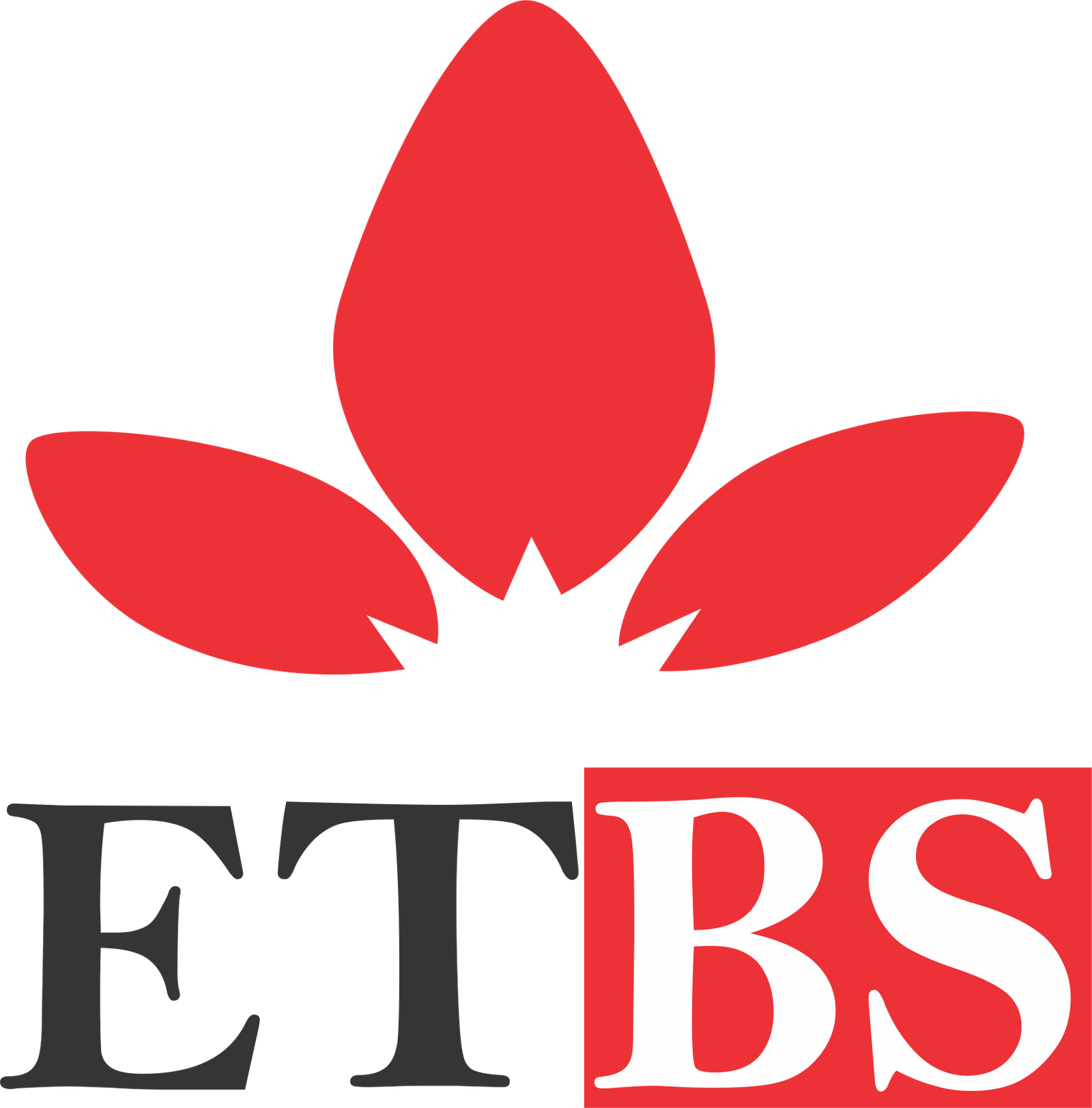 EarthTab Business School
EarthTab Business School
☰
|

No video link available for this topic.
Course Overview: Welcome To EarthTab Business School. My Name Is Krishna Reddy And I Will Be Your Course Preceptor For The Course, Policy Formulation And Analysis. Policy Formulation and Analysis is an advanced, interdisciplinary course designed to provide you with comprehensive, in-depth knowledge and practical skills required to understand, design, evaluate, and influence public policies in both governmental and organizational settings. This course integrates theoretical foundations, methodological rigor, and applied practices, ensuring participants can critically assess policy problems, craft evidence-based solutions, and implement effective strategies that enhance governance, public administration, and socio-economic outcomes. The course recognizes that policy-making is inherently complex, influenced by political, social, economic, cultural, and institutional dynamics. Therefore, it emphasizes holistic analysis, critical thinking, stakeholder engagement, and strategic decision-making to equip you with the capability to navigate complex policy environments and contribute to the development of sustainable, impactful policies. Upon completion, you will be able to: Understand the concepts, frameworks, and paradigms underpinning policy formulation and analysis. Identify, define, and prioritize policy problems with accuracy and analytical rigor. Apply quantitative and qualitative research methodologies to analyze policy issues and generate actionable insights. Formulate policy alternatives and evaluate them based on feasibility, efficiency, equity, and expected outcomes. Understand and navigate the political, economic, social, and institutional factors shaping policy decisions. Conduct cost-benefit analyses, risk assessments, and impact evaluations to support policy decisions. Develop strategic communication skills for presenting policy recommendations to stakeholders, decision-makers, and the public. Integrate ethical, evidence-based, and strategic considerations into policy formulation, execution, and evaluation. Demonstrate the ability to synthesize interdisciplinary knowledge to solve complex societal, organizational, and economic challenges. Foundations of Policy Studies Definition, scope, and objectives of public policy. Distinction between policy formulation, policy analysis, policy implementation, and policy evaluation. Theoretical perspectives: rational model, incrementalism, mixed scanning, systems theory, and advocacy coalition framework. Policy cycles: agenda-setting, formulation, adoption, implementation, evaluation, and feedback. Policy Problem Identification and Agenda Setting Techniques for diagnosing and framing policy problems. Stakeholder mapping, interest analysis, and problem ownership. Role of public opinion, media, advocacy groups, and institutional actors in prioritizing policy issues. Methods for evidence-based problem identification: data analytics, statistical modeling, surveys, and field research. Policy Formulation Techniques Steps in designing policies: generating options, evaluating alternatives, drafting proposals. Criteria for policy option selection: feasibility, efficiency, equity, political acceptability, and sustainability. Tools for systematic policy formulation: cost-benefit analysis, cost-effectiveness analysis, multi-criteria decision analysis, and scenario planning. Integration of interdisciplinary insights from economics, political science, sociology, public administration, and law. Policy Analysis Methods Quantitative approaches: statistical analysis, econometric modeling, forecasting, and simulation techniques. Qualitative approaches: case studies, ethnography, focus groups, Delphi technique, stakeholder interviews, and thematic content analysis. Risk and sensitivity analysis to anticipate uncertainties and unintended consequences. Comparative policy analysis: learning from local, national, and international best practices. Policy Implementation and Strategic Management Translating policies into actionable programs and projects. Institutional frameworks, governance structures, and capacity assessments. Resource allocation, budgeting, and operational planning for effective policy execution. Monitoring mechanisms, accountability frameworks, and adaptive management strategies. Policy Evaluation and Impact Assessment Ex-ante, mid-term, and ex-post evaluations. Measuring policy effectiveness, efficiency, equity, relevance, and sustainability. Social, economic, and environmental impact assessment techniques. Developing feedback loops and learning systems for continuous policy improvement. Political, Economic, and Ethical Considerations Influence of political systems, party dynamics, interest groups, and governance structures on policy adoption. Economic considerations: resource constraints, fiscal implications, market impacts, and public expenditure efficiency. Ethical and normative frameworks: fairness, social justice, human rights, transparency, and accountability. Conflict resolution and negotiation in policy disputes. Policy Communication and Advocacy Crafting evidence-based policy briefs, reports, and presentations. Strategies for stakeholder engagement and consensus building. Utilizing media, public campaigns, and digital tools for policy advocacy. Techniques for persuasive communication to influence decision-makers and public opinion. Applied Policy Case Studies and Simulations Analysis of real-world policy challenges in governance, health, education, environment, and economic development. Role-playing exercises simulating policy negotiation, legislative processes, and inter-agency coordination. Cross-national comparisons and lessons from global policy interventions. Strategic decision-making under uncertainty and dynamic contexts. By the end of the course, you will: Develop the ability to identify, analyze, and define complex policy problems systematically. Possess the skills to design, evaluate, and recommend effective policy solutions using evidence-based methods. Understand the multifaceted political, social, and economic environment in which policies operate. Apply quantitative and qualitative analytical tools to assess policy options, predict outcomes, and mitigate risks. Demonstrate competency in policy communication, advocacy, and stakeholder engagement. Integrate strategic, ethical, and interdisciplinary perspectives into policy formulation and implementation. Contribute effectively to organizational decision-making, governance, and public service improvement. This course is rigorous, multidimensional, and highly practical, blending theory, research, analytical methods, and real-world applications. It prepares you for high-level roles in public administration, policy analysis, governance, research, and strategic planning, ensuring they can navigate the complexities of modern policy-making and contribute to sustainable societal development.Course Objectives
Key Themes and Topics
Expected Outcomes
I Look Forward To Congratulating You Upon Completion Of This Course

Unlocking Professional Potential through world-class assessments and industry-ready training.
"Empowering Professionals through practical, accessible online business education"
- Blessing Princess Agho
 Founder/Lead Instructor
Founder/Lead Instructor